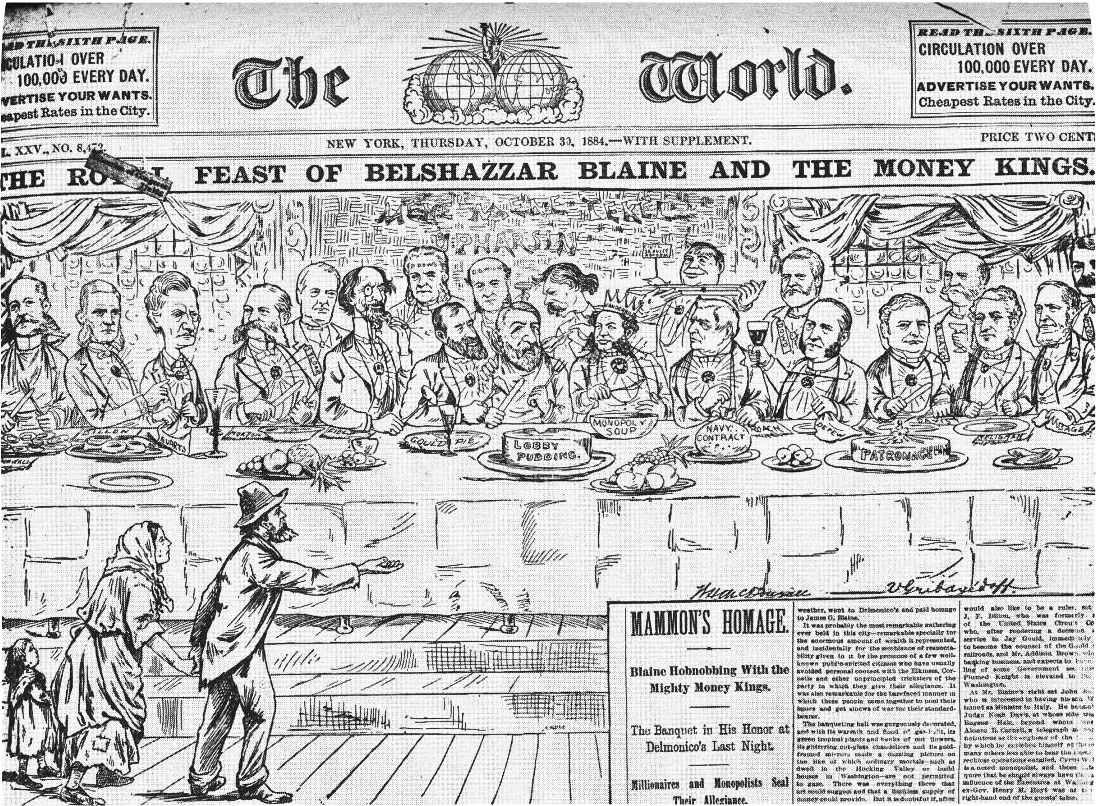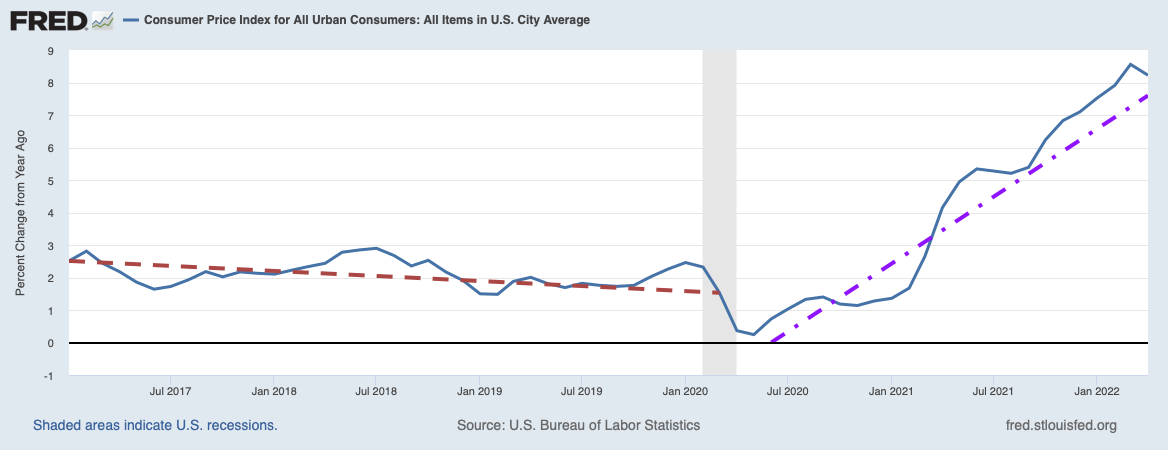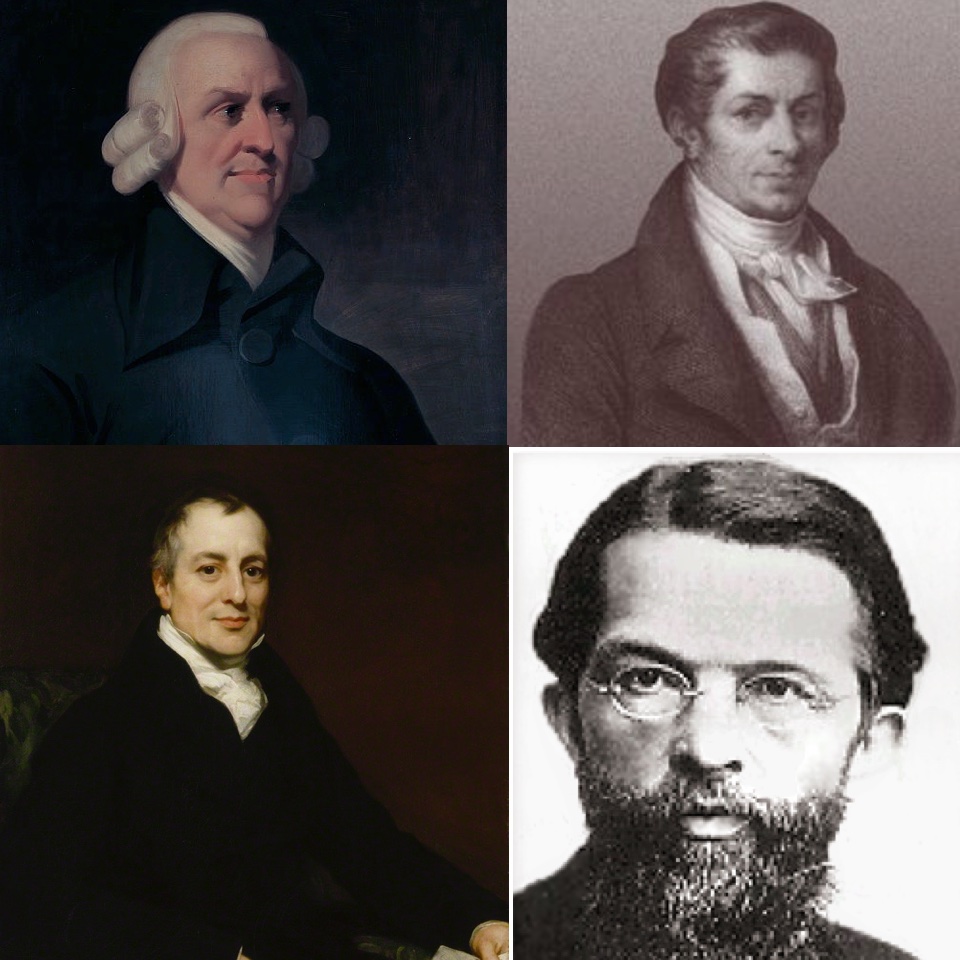How Should We Think About ISIS?
One big disagreement between the right and the left over the past year is how we should think about ISIS. Should we think of the conflict between ISIS and western civilization (and other muslims who do not think the same as ISIS does for that matter) as a religious war? Should we think of it as a clash of civilizations a la Samuel Huntington? Or should we think of the conflict as simply a fight with a particularly nasty bunch of terrorists with no reference to Islam?
Many on the political left advocate taking this last position. They argue, somewhat persuasively I think, that we should not speak of any link between ISIS (or Al Qaeda) and Islam. Their reasoning is that if we speak of ISIS or Al Qaeda as Islamic, we will be telling the world, particularly the Islamic portion, that we are at war with Islam itself. If we do that, they claim, we might be uttering a self-fullfiling prophecy that motivates other muslims into joining ISIS’ war on the West. Some on the left even conflate a description of ISIS as an Islamic movement with saying that we are at war with all Islam.
A good example of this position can be found in an article by Robert Wright posted on the New Yorker webpage. First he states the position that a claim ISIS is islamic is a declaration of war on all Islam. Then Wright cites an article on a blog for the Atlantic magazine by Graeme Wood. In it Wood makes the following statement.
The Islamic State, also known as the Islamic State of Iraq and al-Sham (ISIS), follows a distinctive variety of Islam whose beliefs about the path to the Day of Judgment matter to its strategy, and can help the West know its enemy and predict its behavior.
Wood also makes the following very consequential claim.
The reality is that the Islamic State is Islamic. Very Islamic. Yes, it has attracted psychopaths and adventure seekers, drawn largely from the disaffected populations of the Middle East and Europe. But the religion preached by its most ardent followers derives from coherent and even learned interpretations of Islam.
Initially, Wright does not find the claim ISIS is Islamic very exceptional, since all major religions have over time created many different versions of themselves. Wright writes:
All major religions have changed so much over time, and sprouted so many branches, that a common rule of thumb is: if they say they’re Muslim, Christian, or Buddhist and don’t reject the most essential tenets of the faith, then that’s what they are.
However, Wright finds Wood’s statement that ISIS is “very Islamic” to be very egregious, as if using the adjective “very” implies that ISIS is Islamic in a way that is common with all branches of Islam. This is not so, as you will discover by reading Wood’s article carefully. What Wood meant by the adjective “very” was that ISIS’ world-view is a very fundamental, medieval type of Islam that maps almost perfectly onto the Islam of the seventh century. Wright’s reaction shows how worried he is that such declarations will turn all of Islam against us. This would seem unlikely, given recent evidence. (See here and here and here.)
This might seem like a very nit-picking argument to follow, but it is in fact a consequential controversy. The view of conservative pundits (see here and here and here), and even some who are not so conservative, is that if we do not acknowledge the religious nature of ISIS then we will not be prepared to meet its challenge.
What is most important to understand is that even if we do not think that ISIS is an authentic, modern day example of Islam, they think that they are the only true followers of Allah in the world today. Being directly under the orders of God, they will do anything in the service of God’s Caliphate. If we do not consider this is a religious war, they most certainly do. And if history teaches us anything (see here and here and here), it is that religious wars last a very, very long time.
Views: 1,924GO TO HOME





























